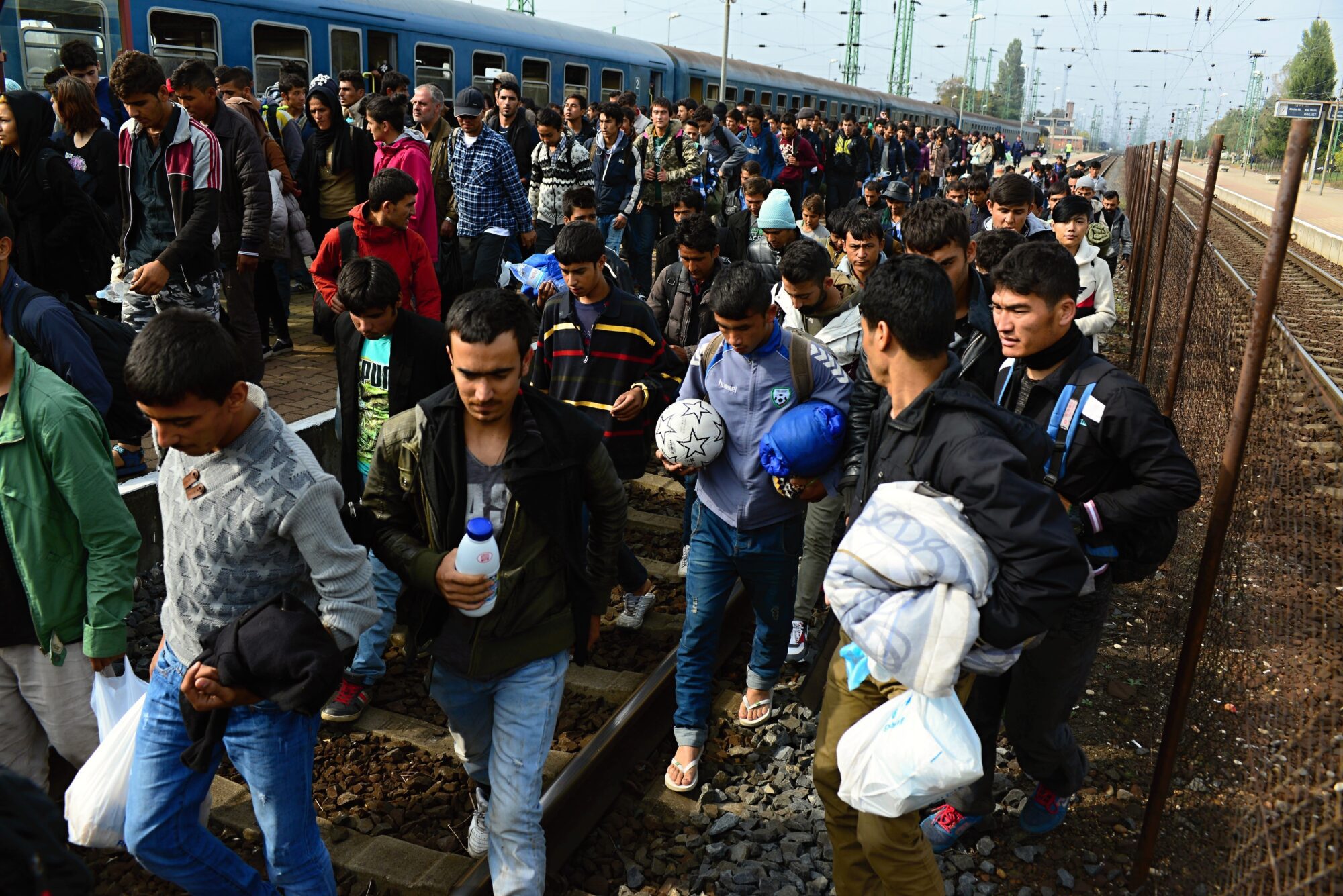
Although the number of asylum applications submitted this year has climbed to a level not seen since the European migrant crisis of 2015/16, when 1.3 million people made their way to the Continent, the EU Asylum Authority (EUAA) has predicted a further increase in the number of migrants seeking asylum in the year ahead.
While speaking to the German newspapers of the Funke media group on Monday, December 27th, Nina Gregori, the executive director of the EUAA said: “The geopolitical developments this year and last year had a direct impact on the needs for international protection and led to increased displacement to EU countries.”
“It is quite clear that the increasing number of applications will continue in the foreseeable future,” Gregori suggested, adding that the instability and threats which cause people to flee their homelands are, unfortunately, “not temporary.”
In the first ten months of 2022, the European Union saw nearly 790,000 applications for asylum submitted, an increase of 54% year over year, with most migrants coming from Syria, followed by people coming from Afghanistan and Turkey.
It’s worth noting, however, that the figures do not include the refugees from Ukraine, who are not required to apply for asylum via typical channels. According to Gregori, 4.7 million people have been registered for temporary protection in the bloc, with most having traveled to the European Union via the Polish border crossing. Poland has received the most Ukrainians, at more 1.5 million, followed by Germany and the Czech Republic, which have received more than 1 million and nearly 500,000, respectively.
Per data from Germany’s Federal Office for Migration (BAMF), nearly 190,000 asylum seekers with first-time applications were registered in the country at the end of November, an increase of 43.2% compared to the same period last year.
The sheer volume of asylum seekers—from Ukraine and elsewhere—has placed the European reception systems “under considerable pressure,” Gregori told the media.
The EUAA boss also called for progress to be made in the planned EU asylum and migration reform. Additionally, she welcomed the joint declaration of EU legislative priorities, signed earlier this month by the President of the European Parliament, Council, and Commission, which states that an EU-wide structural solution for asylum and migration management should be found prior to the 2024 European Parliamentary elections.
For many years now, legislative packages that would reform the European Union’s asylum system have been discussed at length and without success. The Visegrád Four—Hungary, Slovakia, Czech Republic, and Poland—for years have staunchly opposed asylum reforms that, if enacted, would see migration redistribution quotas put into place.
